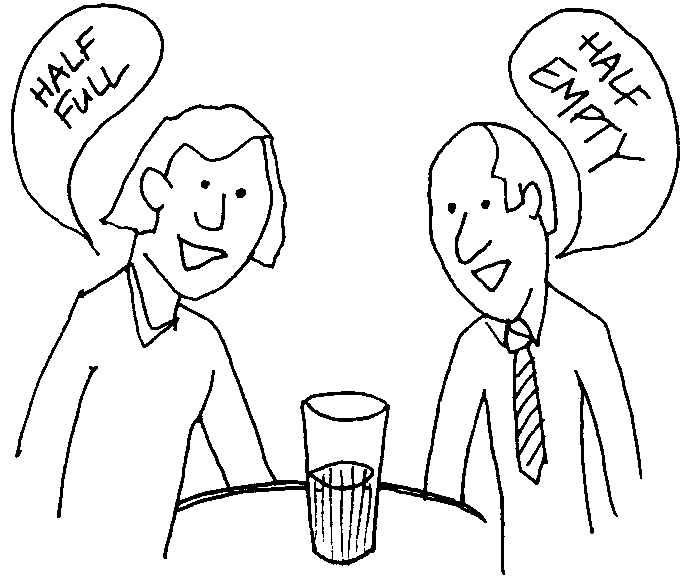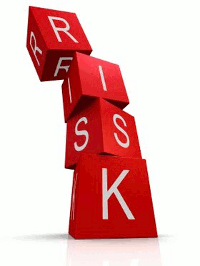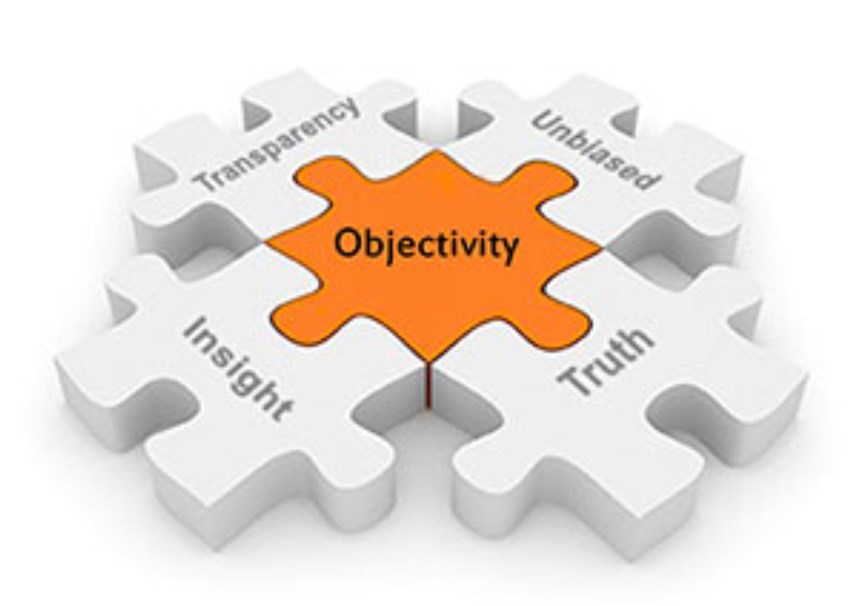 Perceptions are a normal part of daily life. It is normal to have a perception of someone, something or a situation, but this perception is often judgmental. One tends to allow feelings, emotions and looks to affect the perception. Despite being a normal and inherent part of human psychology, perceptions can be highly problematic if left uncontrolled in the case of traders.
Perceptions are a normal part of daily life. It is normal to have a perception of someone, something or a situation, but this perception is often judgmental. One tends to allow feelings, emotions and looks to affect the perception. Despite being a normal and inherent part of human psychology, perceptions can be highly problematic if left uncontrolled in the case of traders.
A trader cannot allow perceptions to cloud his/her judgement and decisions. Perceptions can be deceiving and they thus need to be kept in check as they could lead to erroneous decisions.
In a perfect world, a trader will manage to be completely rational. He/she would be able to assess all facts so as to base decisions and choices on sound information and data. Such a perfect scenario would not allow emotions, perceptions and feelings to come into the picture. As a result the decision making process and the resultant decisions should be ideal. However this is an unreal scenario as we all know that this is not possible in a real world. This is what makes trading psychology so interesting, and yet so complicated and complex. However one should consider this in a positive way as it after all lies at the foundation of why the market and the life of a trader is so challenging and exciting.
The basic idea is to try to keep perceptions under control as much as possible. Despite all efforts though, even seasoned traders may find it hard to be veyr rational at times. One cannot forget that there is tension, pressure, emotion and various other aspects which come into play while a trader is trying to make up his/her mind about the best and the safest course of action. (more…)

 Being perfect is certainly not easy. Perfection is debatable, and needless to say, as challenging as can be. Matters become increasingly difficult when this is attributed to a trading environment or situation. Many traders end up setting their trades by focusing on what they want the results to be. They focus on the outcome of the trade, and do not give a lot of attention to the actual execution of that trade. This is in fact one of the main reasons why trading is so difficult. A trader can never hope to be perfect in his or her decisions. And, one can never hope for a perfect scenario, where any decision that is made results in a favorable result. Therefore the general rule of thumb that traders need to appreciate and get used to is that they need to perfect the decision making process and the execution of the trade, rather than hoping to make the results perfect. The choices, research, knowledge and information discerned are the steps that need to be perfected in the hope of perfecting the results of the trade in question.
Being perfect is certainly not easy. Perfection is debatable, and needless to say, as challenging as can be. Matters become increasingly difficult when this is attributed to a trading environment or situation. Many traders end up setting their trades by focusing on what they want the results to be. They focus on the outcome of the trade, and do not give a lot of attention to the actual execution of that trade. This is in fact one of the main reasons why trading is so difficult. A trader can never hope to be perfect in his or her decisions. And, one can never hope for a perfect scenario, where any decision that is made results in a favorable result. Therefore the general rule of thumb that traders need to appreciate and get used to is that they need to perfect the decision making process and the execution of the trade, rather than hoping to make the results perfect. The choices, research, knowledge and information discerned are the steps that need to be perfected in the hope of perfecting the results of the trade in question. Life is full of risks, and risks are all around you as a trader. In a perfect world there would be no risks and any decision you make will turn out to be the best one. You can hope for win after win, and not even have to worry about the prospect of losing. Yet this is an unrealistic and impossible scenario because as we all know trading is all about risk. However, there is no need to be afraid of risk. We need to accept the fact that it is there, and rather than focusing on fear we need to know how to deal with it and manage it.
Life is full of risks, and risks are all around you as a trader. In a perfect world there would be no risks and any decision you make will turn out to be the best one. You can hope for win after win, and not even have to worry about the prospect of losing. Yet this is an unrealistic and impossible scenario because as we all know trading is all about risk. However, there is no need to be afraid of risk. We need to accept the fact that it is there, and rather than focusing on fear we need to know how to deal with it and manage it. Trading is a very interesting field, and also a highly challenging one. Being faced with changing prices, other traders’ actions, and your expectation and hope of making the right decision, is certainly not an ideal situation to make objective choices. Many a time traders feel the stress and tension of it all to be too heavy on their minds, and as a result, their judgement is clouded. They either act too rashly, or are way too slow and cautious.
Trading is a very interesting field, and also a highly challenging one. Being faced with changing prices, other traders’ actions, and your expectation and hope of making the right decision, is certainly not an ideal situation to make objective choices. Many a time traders feel the stress and tension of it all to be too heavy on their minds, and as a result, their judgement is clouded. They either act too rashly, or are way too slow and cautious.